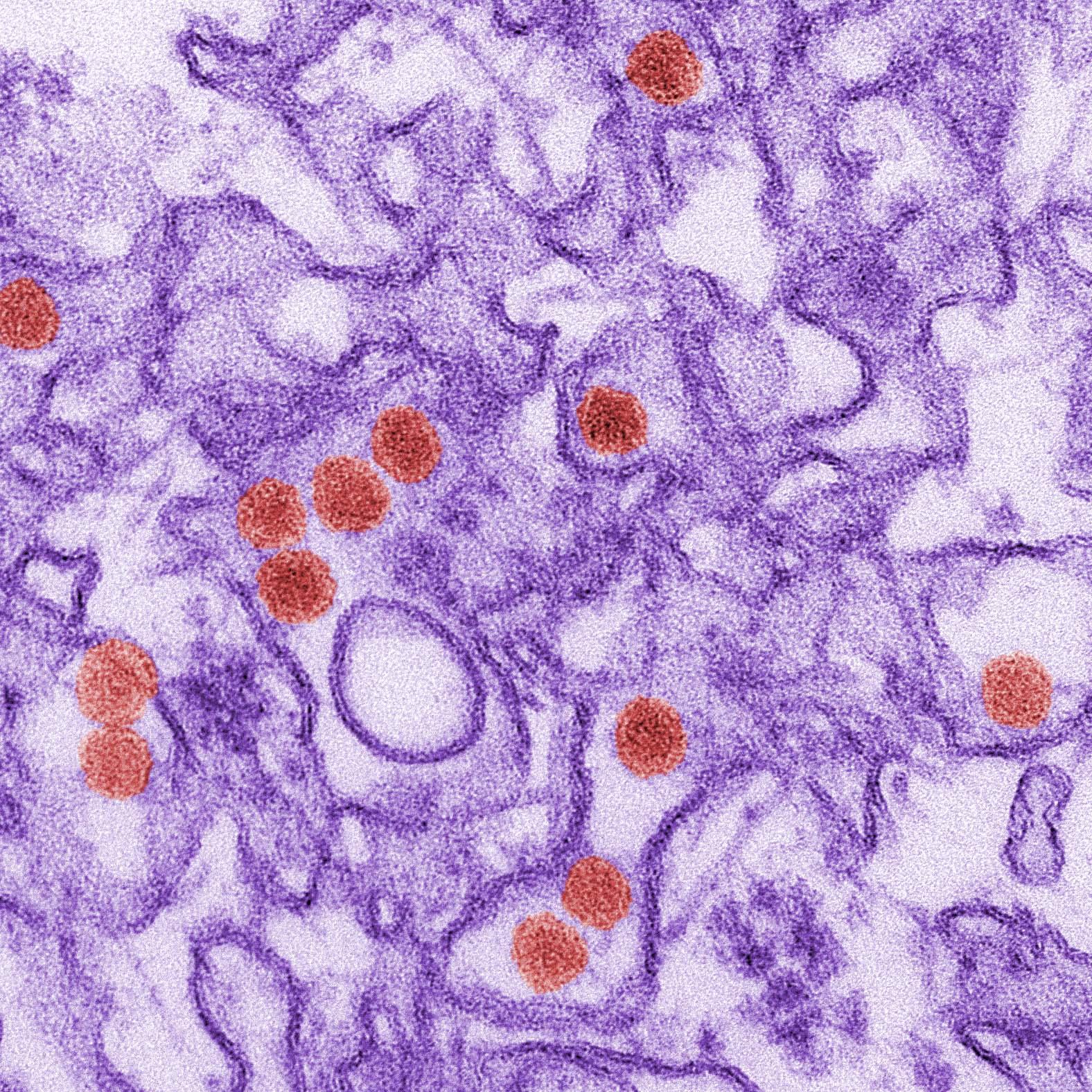Multi-omics analysis reveals key immunogenic signatures induced by oncolytic Zika virus infection of paediatric brain tumour cells
Brain tumours disproportionately affect children and are the largest cause of paediatric cancer-related death. Novel therapies that engage the immune system, such as oncolytic viruses (OVs), hold great promise and are desperately needed. Zika virus (ZIKV) infects and destroys aggressive cells from multiple paediatric central nervous system (CNS) tumours. Despite this, the molecular mechanisms underpinning this response are largely unknown. We comprehensively investigate the transcriptomic response of paediatric medulloblastoma and atypical teratoid rhabdoid tumour (ATRT) cells to ZIKV infection. We observe conserved TNF signalling and cytokine signalling-related signatures and show that the TNF-alpha signalling pathway is implicated in oncolysis by reducing the viability of ZIKV-infected brain tumour cells. Our findings highlight TNF-alpha as a potential prognostic marker for oncolytic ZIKV (oZIKV) therapy. Complementing our analysis with a 49-plex ELISA, we demonstrate that ZIKV infection induces a clinically relevant and diverse pro-inflammatory brain tumour cell secretome, including TNF-alpha. We assess publicly available scRNA-Seq data to model how ZIKV-induced secretome paracrine and endocrine signalling may orchestrate the anti-tumoural immune response during oZIKV infection of brain tumours. Our findings significantly contribute to understanding the molecular mechanisms governing oZIKV infection and will help pave the way towards oZIKV therapy.

